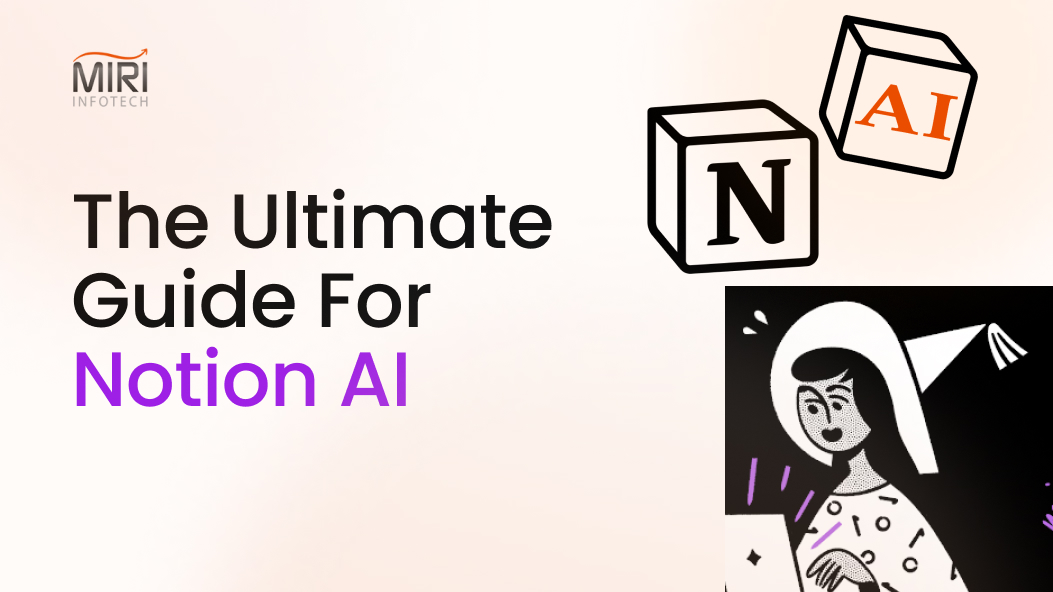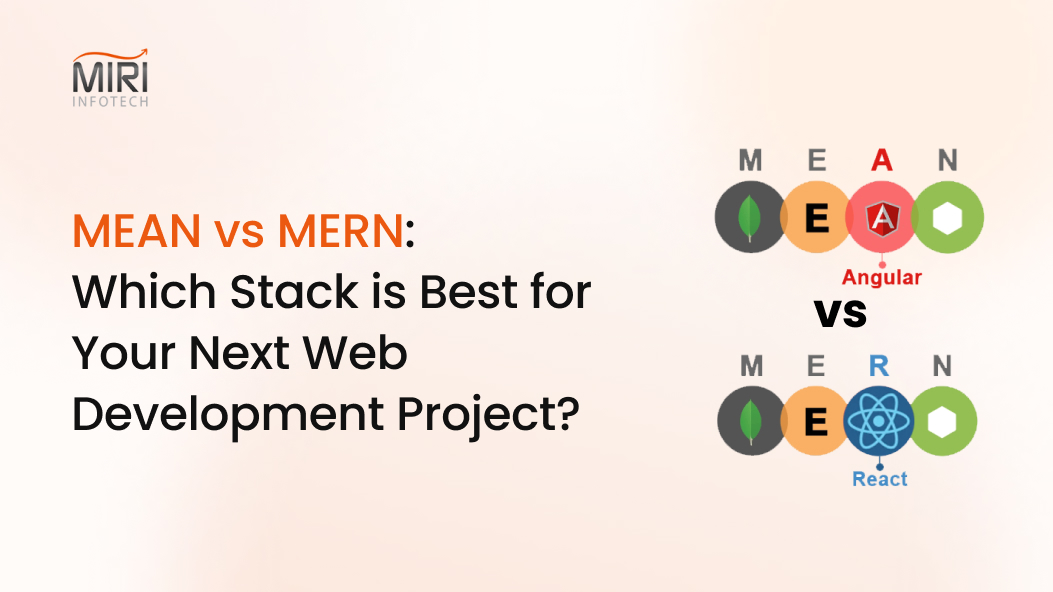AIOps refers to artificial intelligence that helps in ensuring effective IT operations. In the modern era, it means much more than AI as it brings in business, development, safety, security and other applicable stakeholders. It is true that every year there are some major changes in IT to keep pace with modern technology. New Year has just begun and everyone wishes for a better year and in IT or software development companies, we expect smarter technology this year.
What does AI do?
As humans, we hate tedious and boring household chores and we expect someone else does the same. Similarly, in IT, humans want to emphasize on creative work rather than searching for massive data sets to make business decisions. With the help of AI, we give that flexibility and liberty to humans to become more productive and automate things.
The era of AI and AIOps:
AIOps means artificial intelligence for IT operations to monitor the operational environment with the main aim to remediate any issue that arises. Nowadays; AI is being used in multiple industries entailing automotive industry to enhance the driving experience, in the healthcare industry to determine potential treatments and diagnose patients, IT service providers to keep up the pace with the modern technology and in the agriculture industry to advance operational efficacy by automating significant farming processes. One of the most important advancements in AI is the evolution of Chatbot as it has grown shrewder and more humanlike in its responses that give liberty to humans for more complex interpersonal interactions.
The advent of artificial intelligence as an important aspect of businesses across industry verticals tend to pose a specific challenge for IT operational teams as well as IT consulting firms. Providing AI systems with the data they require to operate effectively clear that the age of AI will definitely be the era of AIOps. It is also true that the incorporation of AIOps into the IT workflow is not a piece of a cake as it is really important to determine the requirements of the organization to develop a methodical approach on the basis of these requirements. It is seen that the adoption of DevOps has resulted into growing trend of AI and automation are indispensable to developing, creating and releasing sound software products.
AI and DevOps Integration:
Artificial Intelligence and DevOps together lead to a deeper understanding of how interconnected systems work together. This can result in more robust software and IT infrastructure in production, releasing more time at the time of the development cycle. AIOps is used to advance service resilience as well as the incident response for production environments. DevOps means improvement of agility and flexibility; AIOps should be capable of automating the path from development to production, predicting the impact of deployment on production and spontaneously responding to changes in how the production environment is performing.
AIOps relies on gathering data from multiple systems and DevOps depends on the integration of previously siloed systems. AIOps needs a similar kind of culture change like DevOps as it refers to looking at the entire system rather than peculiar technologies or infrastructure layers and being comfortable with a high level of automation. The best part is that AIOps can discover anomalies and glitches, forecast performance issues and deviations from the baseline, recommend optimizations and correlate signals across the multiple platforms for the purpose of troubleshooting.
AI’s Influence on DevOps:
Artificial Intelligence can alter how DevOps teams develop, deliver, deploy and consolidate applications to enhance the performance and perform the DevOps business operations. Basically, there are three methods through which AI can impact DevOps:
Enriched Data Accessibility:
The scarcity of unregulated accessibility of data is one of the most major concerns for DevOps teams which AI can address by releasing data from its formal storage which is significant for big data implementations. AI can gather data from multiple sources and prepare it for consistent and robust evaluation.
Superior Implementation Efficiency:
Artificial Intelligence helps in self-governed systems that allow team transition from a rule-based human management system. This ultimately helps to resolve the complexity of accessing human agents to enhance efficiency.
Optimum utilization of resources:
AI gives prerequisite competence to automate routine and redundant tasks which reduce the complexity of resources management up to a greater extent.
Conclusion:
From the aforementioned discussion, it can be concluded that a company that wishes to automate the DevOps has to be firm on the decision whether to buy or build a custom AI layer. Initially, it is important to establish a strong DevOps infrastructure and then, AI can be applied for enhanced efficacy. AI helps
DevOps teams on lay emphasis on innovation by eradicating inefficiencies across the operational life cycle which ultimately results in automated enhancement and an increase in DevOps team’s efficiency.
Click here to use our DevOps consulting services as we analyze your DevOps practices, review your existing infrastructure and pen down the redundant tasks to determine the right set of tools



